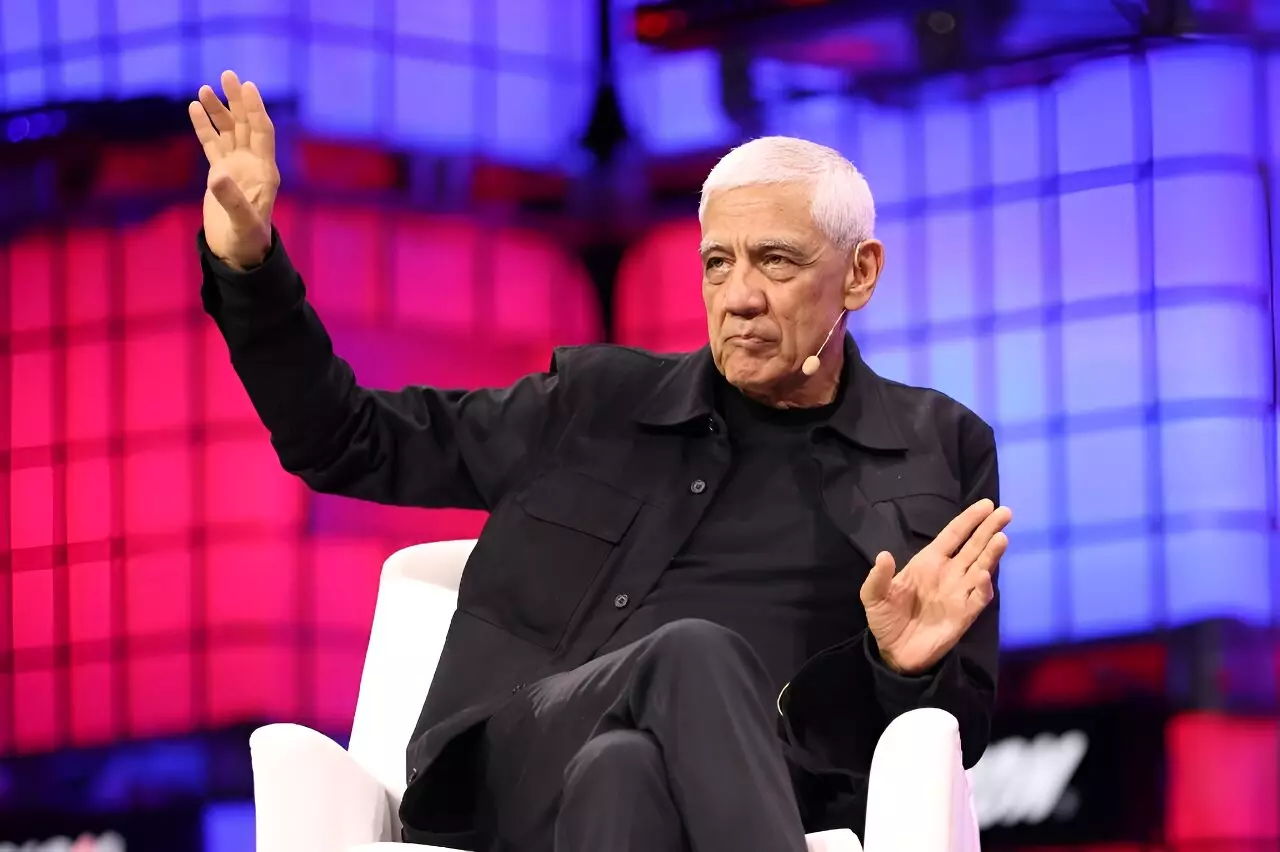In the fast-paced world of artificial intelligence, Nvidia has been dominating the market with its powerful processors that are essential for training generative AI’s large language models. However, as newer companies try to enter the AI space, they are faced with doubts about whether they can compete with the existing giants like Microsoft-backed OpenAI and Google. The question remains: can new entrants carve out a space for themselves in this rapidly evolving landscape?
Mike Myer, the founder and CEO of tech firm Quiq, expressed his skepticism about the possibility of starting a foundational AI company in the current market environment. With established players like OpenAI and Google leading the way in model-making, it is challenging for newcomers to find a unique niche to thrive in. Despite efforts to develop applications that mimic the capabilities of existing models, Silicon Valley’s top players are quick to dismiss these attempts, labeling them as “roadkill” in the path of progress.
Venture capital veteran Vinod Khosla emphasized the importance of differentiation in the AI industry, highlighting the distinction between applications that add value and those that are merely a “thin wrapper” around existing AI models. Khosla predicted that companies like Grammarly, which rely on AI technology for spelling and grammar checking, may struggle to keep up with the evolving landscape of AI capabilities. Instead, he suggested that focusing on specialized chip design could offer a lucrative opportunity for new entrants in the market.
Rebecca Parsons, CTO at tech consultancy Thoughtworks, pointed out the growing demand for specialized processors to cater to the diverse needs of AI applications. This demand has created an opportunity for startups like Groq, which focuses on building chips for AI deployment rather than training. Groq CEO Jonathan Ross compared Nvidia to a basketball legend like Michael Jordan, acknowledging their dominance in generative AI training but emphasizing the potential for other companies to excel in different aspects of AI technology.
Khosla highlighted the potential for highly specialized AI to provide expertise and know-how based on proprietary data that big tech companies like OpenAI and Google may not be able to replicate. Startups like Cohere are leveraging highly specialized data to offer tailored AI models to businesses that prioritize reliability, trustworthiness, and security. Cohere CEO Aidan Gomez, a former Google employee who co-authored a groundbreaking paper on AI architecture, emphasized the importance of building trust with enterprises wary of integrating AI into their operations.
While established companies like Nvidia, OpenAI, and Google continue to dominate the AI industry, there are still opportunities for new entrants to thrive by focusing on specialization, innovation, and building trust with customers. As the AI landscape evolves, companies that can differentiate themselves and provide unique value propositions will be best positioned to succeed in this competitive market.


Leave a Reply